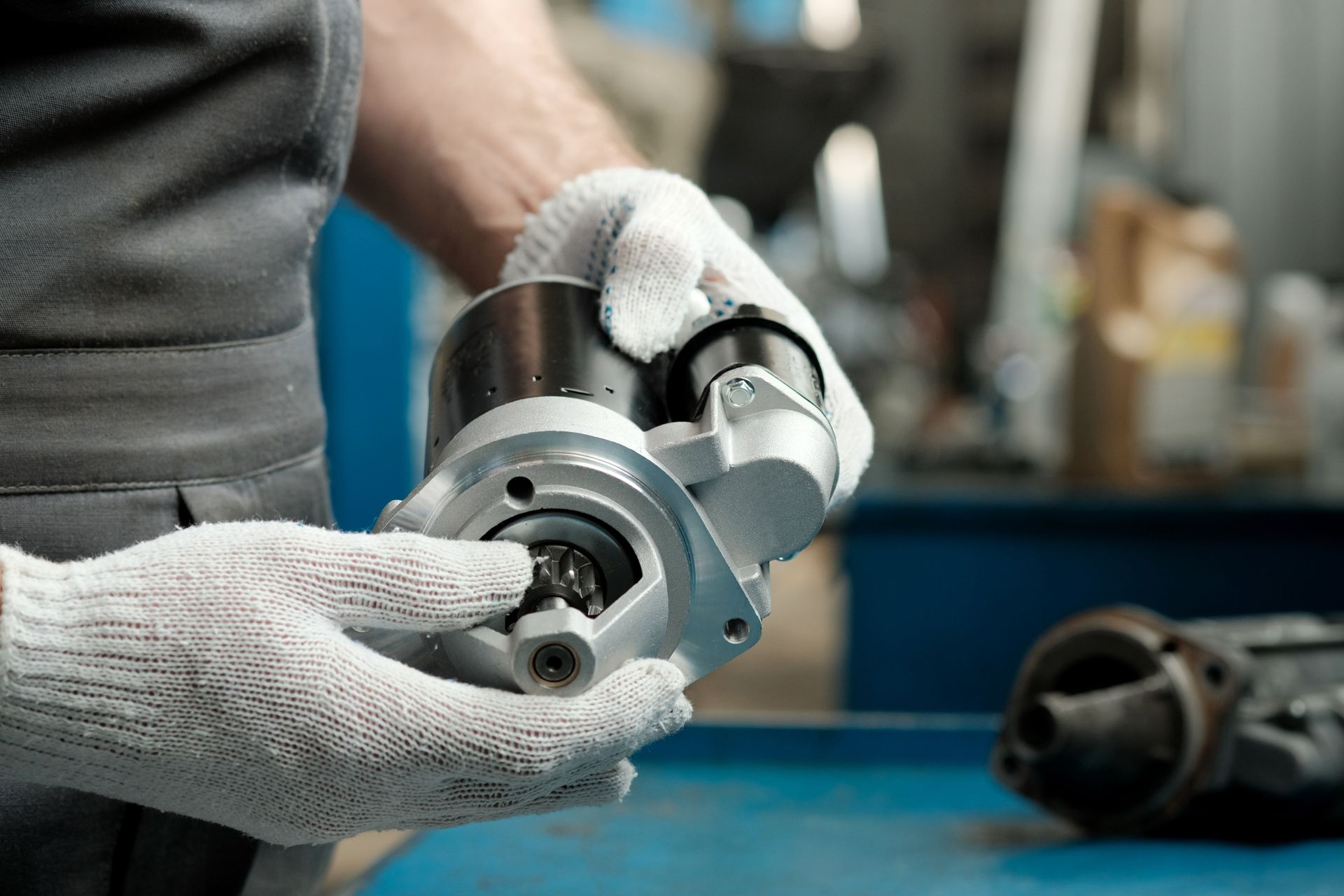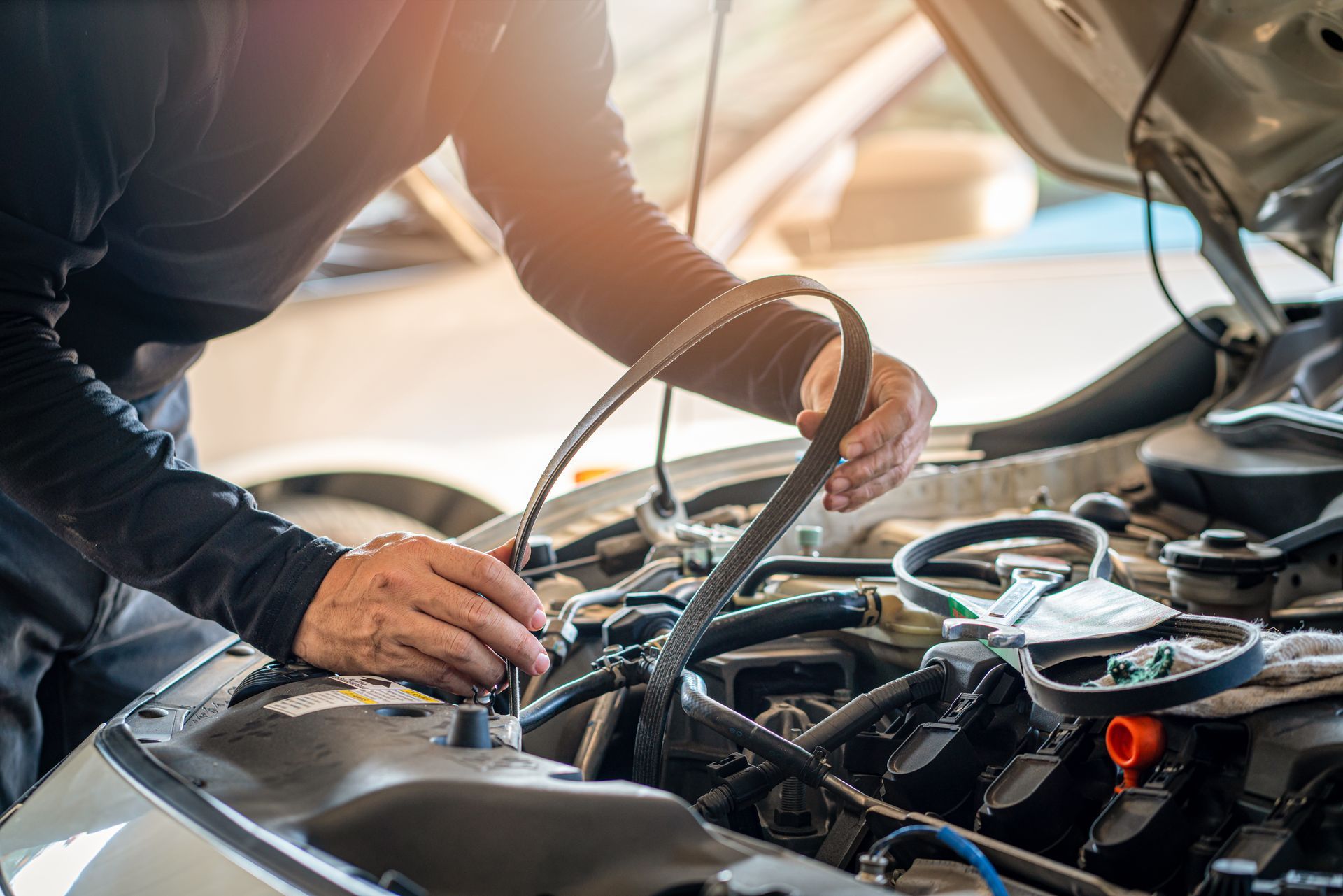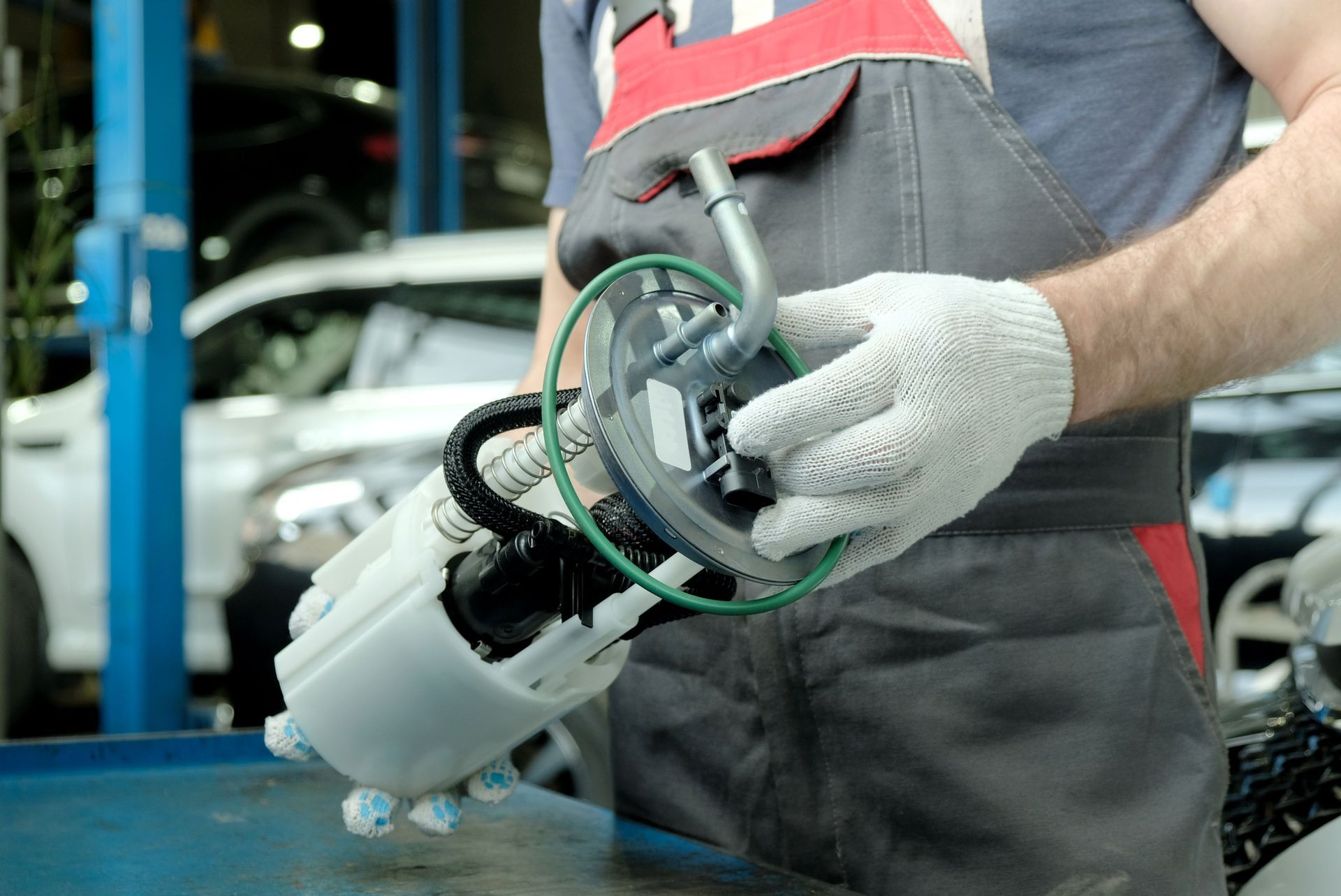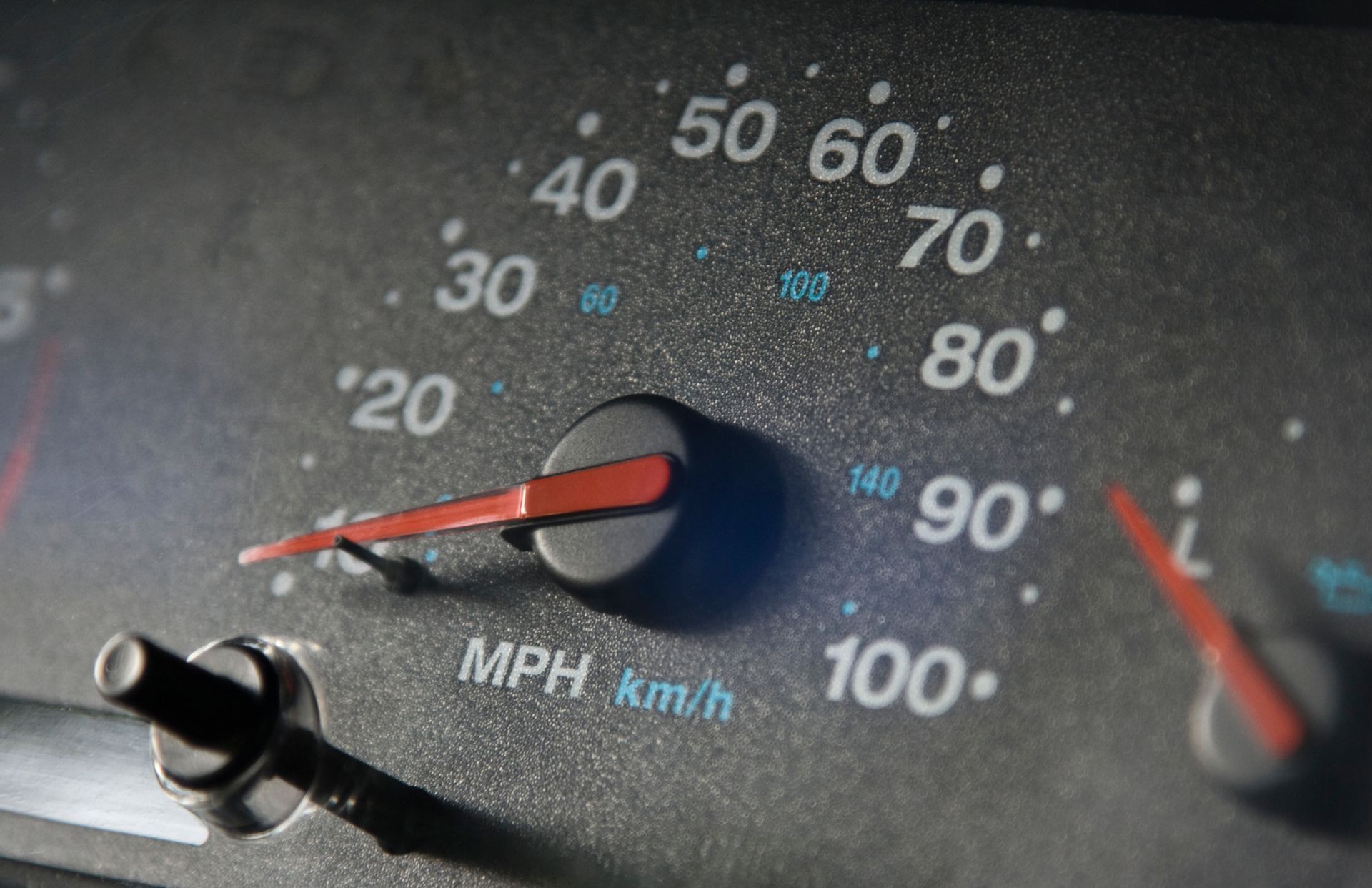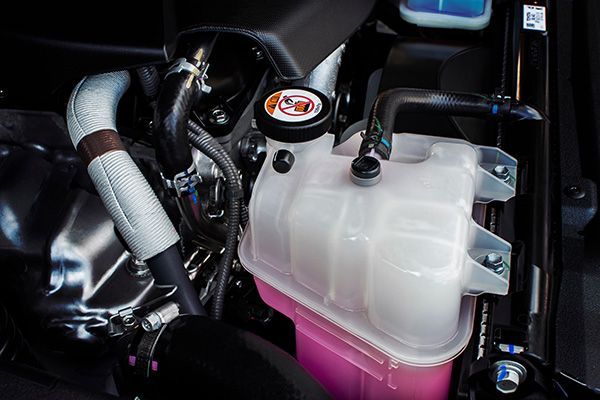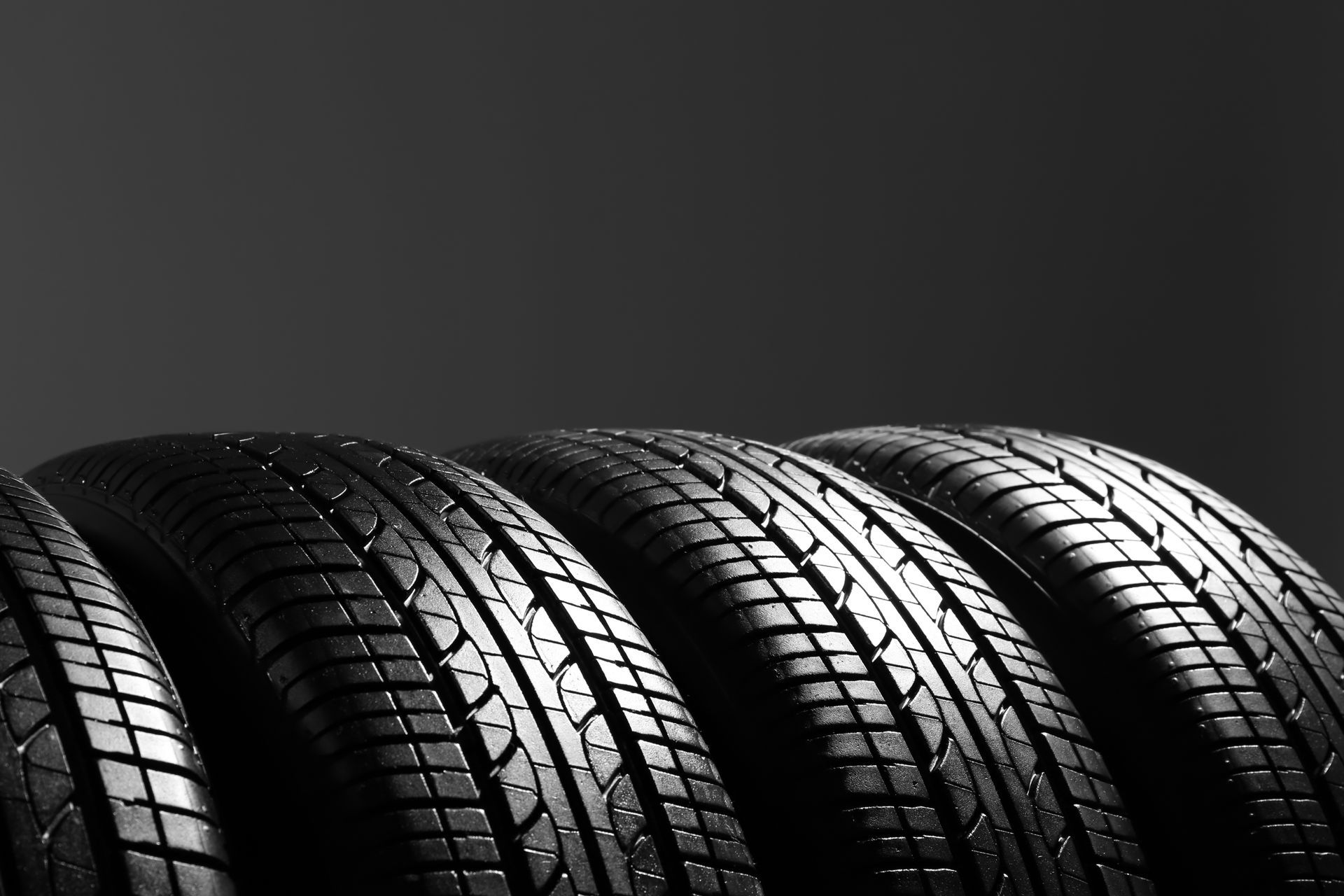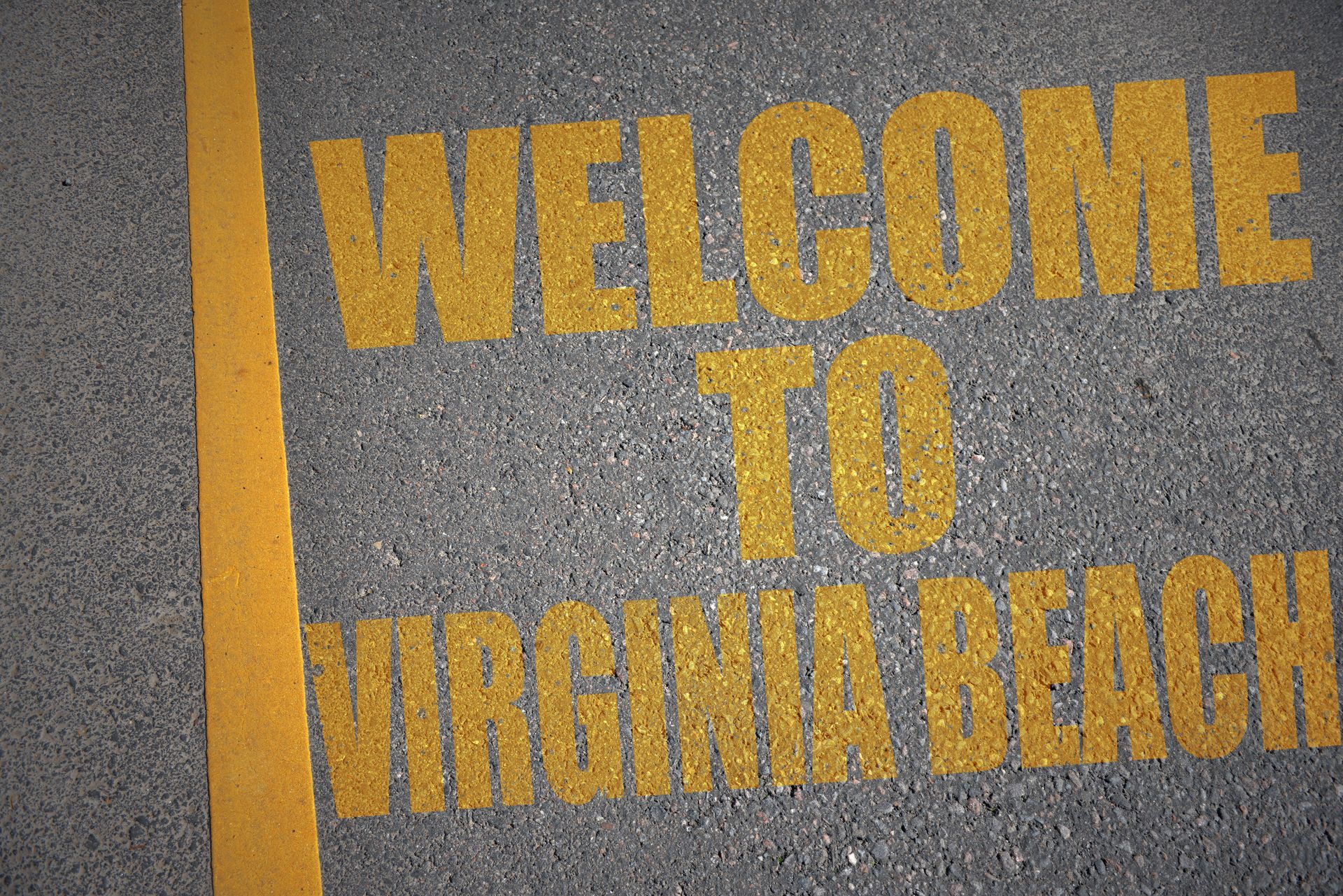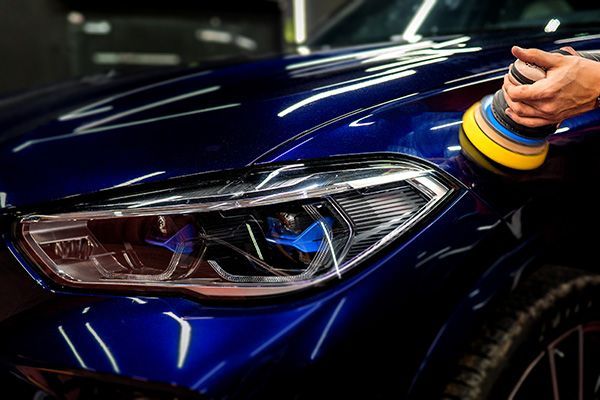Your car's brakes are one of the most critical safety features you rely on every time you get behind the wheel. Yet, many drivers overlook early signs of brake trouble simply because they might not know what to look for. The braking system doesn’t just stop your car—it protects you, your passengers, and everyone else on the road. So, how can you tell if your brakes are on the brink of failure?
Why Brake Maintenance Is Required
We’ve all been there—putting off that car inspection or skipping out on routine maintenance because everything seems fine. But when it comes to your brakes, “seems fine” isn’t good enough. The wear and tear on your braking system happens gradually, so issues can sneak up without warning. Regular brake checks can prevent minor issues from turning into costly repairs or, worse, dangerous accidents. Remember, your brakes are what stand between you and a potential collision, so paying attention to early warning signs is essential.
Squealing or Grinding Noises
One of the first indications that your brakes might need attention is that dreaded squealing sound when you press the brake pedal. If you've ever heard this high-pitched noise, your brake pads cry out for help. Most brake pads are designed with a wear indicator—a small metal piece that rubs against the rotor to make a squealing sound when the pads are worn down. This noise is your vehicle's way of telling you it’s time for new brake pads.
But what if you hear a grinding noise instead? That’s a sign you’ve waited too long. Grinding usually means your brake pads are completely worn through, allowing the metal parts of your brakes to come into contact with the rotors. At this point, you’re not just risking your safety but also looking at more expensive repairs. Grinding sounds mean you need immediate attention to avoid damaging the rotors, which could cost you even more in replacements.
A Soft or Spongy Brake Pedal
Have you noticed that your brake pedal feels different under your foot? Maybe it feels softer or even spongy when you press down. This change in pedal pressure can be a sign of air in the brake lines or a fluid leak. Your brakes rely on hydraulic pressure to function, so any disruption in that system can affect how well your car stops.
A soft brake pedal isn’t something you should ignore. If pressing the brake feels like you’re stepping on a sponge, there’s a chance your brake fluid is low, or your brake lines are leaking. Either way, you should get it checked out as soon as possible to prevent brake failure.
Vibrations or Shaking When Braking
If you’ve ever felt your steering wheel or brake pedal shake when slowing down, it’s a clear sign something’s off. Often, this vibration indicates that your brake rotors are warped. Rotors can become uneven due to heat buildup, especially if you've been using your brakes heavily or have been driving in hilly areas. When the surface of the rotor isn't flat, your brake pads won’t grip evenly, causing that tell-tale vibration.
Warped rotors not only reduce braking efficiency but can also increase stopping distances, putting you at greater risk in an emergency. If you notice these vibrations, it’s best to have your brakes inspected to determine whether your rotors can be resurfaced or if they need to be replaced entirely.
Pulling to One Side When Braking
Another sign that your brakes might need attention is if your vehicle pulls to one side when you hit the brakes. This can feel like your car has a mind of its own, veering left or right instead of stopping in a straight line. The culprit could be a stuck caliper, uneven brake pads, or even an issue with the brake fluid.
Pulling to one side not only wears your tires unevenly but can also be dangerous, especially in emergency braking situations. If you experience this, get your brakes checked immediately to keep your car driving straight and true.
Unusual Burning Smells
A burning smell coming from your wheels after braking is never a good sign. This odor typically indicates that your brakes are overheating, which can happen if you’ve been driving in heavy traffic or down steep hills. Overheating brakes can lead to brake fluid boiling and reduced braking power. If you catch a whiff of something burning, pull over safely and give your brakes time to cool down. Continuing to drive with overheated brakes can lead to brake failure, so it’s best to play it safe and let everything cool off before continuing your journey.
Don’t let brake issues catch you off guard! Visit
Harvey's Garage for a thorough brake inspection today. Keep your ride safe and your peace of mind intact.

